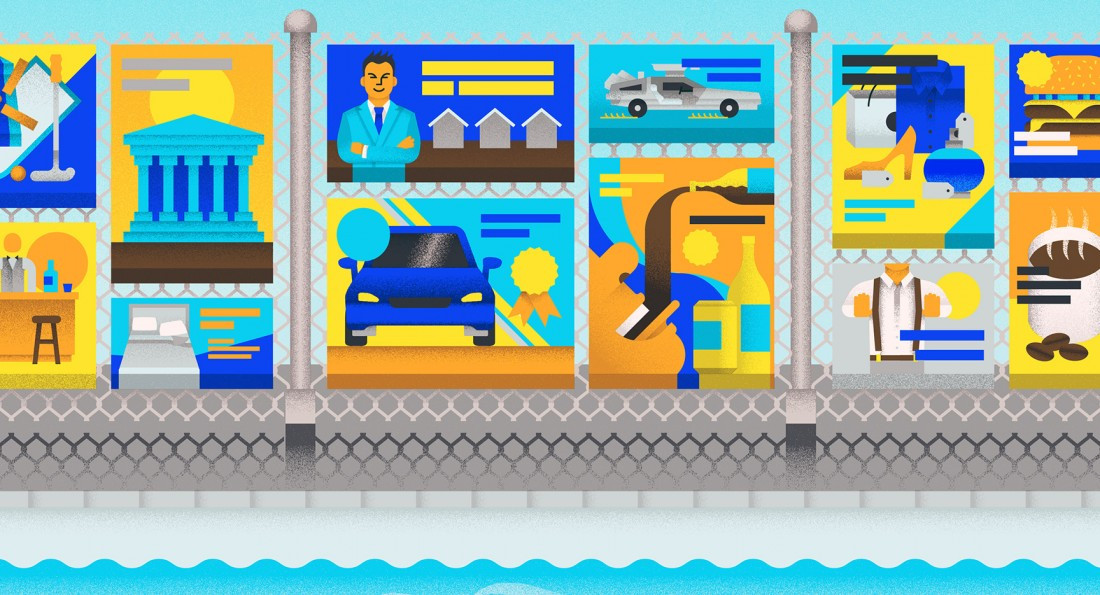Keep public spaces public
City’s sponsorship program headed in the wrong direction
The City of Winnipeg needs to ramp up its corporate sponsorship program, according to a business plan prepared by the chief administrator’s office.
Sponsor Winnipeg, which offers naming rights for city facilities and special events, was approved by council in 2007. After taking a few years to get off the ground, it grossed $452,000 in 2011, but that number had dropped to only $172,000 in 2015 after an external contract expired in 2012.
The new business plan recommends the city hire a full-time administrator for the program at a cost of $124,000 per year, plus $30,000 for an outside consultant. They would be tasked with selling off naming rights for the Seven Oaks Pool, the Windsor Park Library, the Disraeli pedestrian bridge and a new downtown dog park, among other locations.
“Best-case” projections are that the new staffer and consultant would bring in $430,000 in 2018, and over $1 million a year by 2021, before their own salaries are taken into account.
Coun. Russ Wyatt criticized the plan, suggesting it should be scrapped entirely in favour of a more “informal, organic, ground-up” approach. “Bureaucrats are not exactly known for their salesmanship ability,” he told Metro Winnipeg.
To be sure, if the city is going to continue inviting corporate branding into its public spaces, it should do so with the utmost efficiency. But Wyatt’s criticism of the plan as overly bureaucratic fails to convey a hard enough line on the issue.
Even if the program meets its million-dollar target by 2021, consider that number in light of the city’s overall budget. The Winnipeg Police Service budget has increased by $24 million over the last two years alone. Maybe the Hudson’s Bay Co. would chip in a few toonies for naming rights to their helicopter.
“History and logic suggest that, once advertisers become a major funding source, they create their own priorities, and unless carefully controlled, they will warp the underlying space to serve their interests,” Tim Wu wrote in a recent piece for The New York Times.
Winnipeggers are privileged to have access to public spaces from pools, libraries and community centres to roads, bridges and forests. It’s not unrealistic to think that visitors to these spaces could soon be treated first as potential customers and only second as members of a civic community.
A few years ago, King County, outside Seattle, worked with Chipotle to hide “25 giant styrofoam burritos” throughout its parks and trails as part of a contest to win a year’s worth of free burritos.
There are only so many public locations in the city. By its very nature, Sponsor Winnipeg will either have to cease after a few productive years or else keep expanding its scope until every inch of public space is vying for consumer eyes. Perhaps at that point, we’ll start hearing ads for the Oasis Leisure Centre over the intercom at the Manitoba Lotteries public pool.
If the city is going to have a sponsorship program, it should indeed be “informal” and “ground up,” but it should also be heavily constrained as to what types of spaces can be branded, how intrusive that branding can be and to what extent advertisers can have a say in how that space is used.
Tim Runtz is the comments editor at The Uniter.
Published in Volume 71, Number 14 of The Uniter (January 5, 2017)







